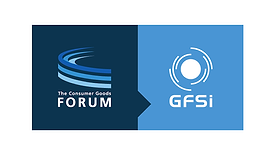Home » Keywords: » standards
Items Tagged with 'standards'
ARTICLES
Sponsored Content
Non-Conformances & Trends in BRCGS Food Safety Issue 9: Lessons Learnt Over the Past Year
April 8, 2024
Never miss the latest news and trends driving the food safety industry
eNewsletter | Website | eMagazine
JOIN TODAY!Copyright ©2025. All Rights Reserved BNP Media.
Design, CMS, Hosting & Web Development :: ePublishing










